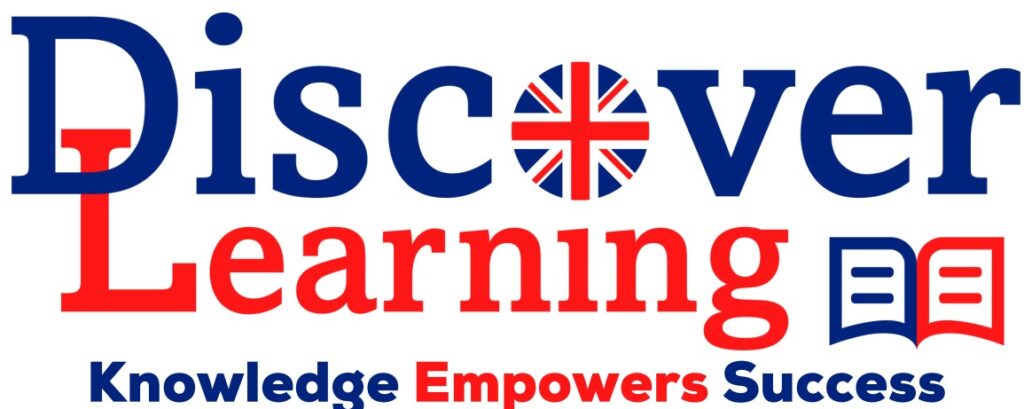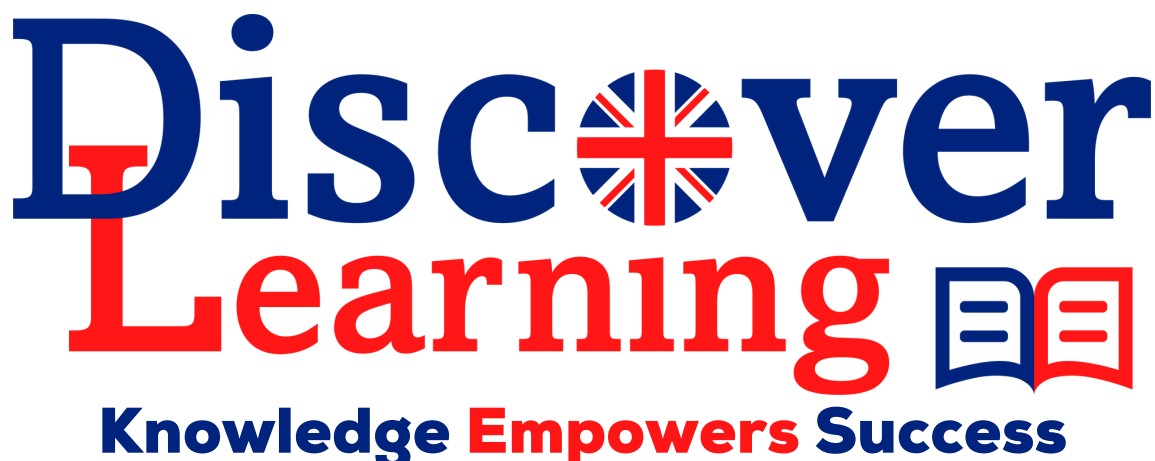A “perfect” tutor in your mind’s eye is likely proficient in teaching at least one of the core subjects of the curriculum, and may even be a mathematics, science, or English guru, a tutor with hard skills who knows the academics inside and out. While subject mastery remains critical, new research suggests that the most effective tutors, effective in the pedagogical sense, have additional qualities that may not be linked to academics.
In the 2022 Journal of Management, Knowledge and Learning, Langesee’s soft skills study concerning the modern tutor suggests that the blend of communication, empathy, adaptability, and even organizational structure forms the backbone of proficient tutoring. In the present day, having well-developed soft skills is core to improving the varied dynamics that a tutor navigates in relation to the learning ecosystem, their students, and the academic outcomes.
Here at Discover Learning Tutors, we appreciate that a tutor’s guiding role in a student’s life goes well beyond just their academic knowledge. It also involves the tutor’s ability to build strong interpersonal connections. In this article, we examine the significance of soft skills in a tutoring context, how tutoring programs are shifting their focus to these skills, and what parents need to focus on when choosing a tutor for their child.
Why Soft Skills Are Critical in Tutoring
Building Trust and Rapport
For students, a positive and welcoming environment goes a long way in enhancing their comfort, understanding, and respect. Trust is a critical component of any successful tutoring relationship. Tutors and students need to feel that their relationship is trustworthy and that the tutor understands the student’s needs and challenges. Empathy and effective communication are fundamental in this process.
Through empathy, tutors can bond with students more effectively, allowing for a deeper understanding of the emotional and psychological barriers that might be impacting their learning. Tutor empathy goes beyond their academic aids; it includes active listening, pinpointing their students’ worries, and affirming their sentiments. This empathy helps students feel secure and supported, which enables them to discuss their challenges and constructively work through them.
Tutors with good communication skills can transform complicated concepts into simple, digestible, step-by-step explanations. This ease in understanding promotes students’ engagement with learning. Effective communication fosters this bond and goes beyond the transmission of information, such as students asking questions and expressing bewilderment without fear of mockery. When learners encounter sincere respect and understanding, learners are more inclined to engage actively with the content, pose questions, and explore learning beyond their comfort zones.
Tailored Learning and Teaching
The personalization that comes with tutoring is one of the key advantages of this learning method. Unlike in conventional classrooms, where one teacher caters to a multitude of students, tutors can design lessons to suit the needs of every student. This illustrates the need for flexibility.
A tutor is more likely to facilitate an effective and enjoyable learning experience when their teaching style is aligned with the student’s preferred and practiced methods of learning. Some students, for example, may learn best with hands-on activities, while others with visuals or written explanations. A great tutor optimizes every lesson by ensuring that their teaching approach aligns with the student’s way of learning.
Moreover, tutors with strong organizational skills can devise structured lesson plans that match the student’s level and pace. Such tutors can simplify more complex ideas, providing consistent and constructive feedback on the student’s learning journey. This tailored approach not only addresses academic challenges but also enhances the students’ confidence, particularly when they notice that their tutor deeply understands their needs and is committed to their academic growth.
Real-World Application and Problem-Solving Skills
Modern teaching emphasizes tackling challenges and critical reasoning over rote learning. Tutors with strong problem-solving capabilities scaffold how students can tackle complex challenges with a step-by-step attitude. By modeling these skills, tutors can illustrate how students can deconstruct complex challenges, analyze various components, and develop solutions methodically. This strengthens the ability to think independently and critically, enhancing problem-solving skills for scholarly pursuits and real-world scenarios.
Moreover, students are taught to work in collaborative settings both outside and inside the classroom. Tutors skilled in interpersonal collaboration and conflict resolution are able to help students develop skills necessary for successful participation in group work, discussions, and the workplace. These tutors offer more than academic help. They aid students in managing stress, collaborating with fellow students, and tackling challenges head-on.
Changes in Tutoring Programs
Recruitment: Soft Skills Take Priority
In previous years, tutoring programs may have concentrated on hiring tutors based on academic qualifications, such as a degree in a relevant field and teaching experience, at the expense of the tutor’s actual subject knowledge. However, many tutoring centers are now beginning to understand that soft skills are equally important, as research has demonstrated.
At Discover Learning Tutors, we focus on hiring tutors who hold relevant qualifications and are expert empaths and effective communicators. Strong rapport with students is critical to achieving favorable learning outcomes, and so is effective lesson delivery. Our recruitment is aligned with these objectives. We do not only want knowledgeable tutors; we prefer those who are gentle, patient, and adept at meeting the many different needs of our students.
Continued Education: Soft Skills Training
Assembling a team of tutors who have strong soft skills is just the beginning. Programs like Discover Learning Tutors have to make sure that these skills are applied in every lesson, so they support ongoing emotional intelligence, communication, and conflict resolution training. This ensures that tutors are continually sharp in their interpersonal skills and can respond to the myriad of student challenges that are presented in a thoughtful and effective way.
Cultural competence training is also an important part of soft skills training. Tutors are charged with the responsibility of handling the challenges presented by students from diverse backgrounds and different learning and cultural perspectives as the world becomes increasingly multicultural. Such training equips tutors to respond to and embrace diversity, ensuring that every student is appropriately welcomed, understood, and appreciated.
Feedback: Emphasis on Emotional Results
In tutoring practices, emotional and relational aspects are equally essential, as opposed to traditional schooling, where feedback is limited to evaluation metrics: grades, test scores, or progress tracking. In her 2022 study, Langesee highlights a notable shift in the philosophy of tutoring programs, where the feedback employed considers not only the student’s academic performance but also the emotional metrics associated with tutoring.
When soliciting feedback from parents and students, it is also crucial to analyze if the students were provided with adequate support, along with the ability to develop a trusting and confident relationship with the tutor. This type of feedback is critical to us at Discover Learning Tutors, as it allows us to continuously strengthen the relationship between the tutor and the student, helping students not only make academic progress but also feel motivated and confident in their abilities.
Key Attributes to Look for in a Tutor: Soft Skills
Empathy and Patience
In looking for a tutor for your child, consider looking beyond academic credentials. Does the tutor make an effort to understand your child? Are they patient and willing to explain the different aspects of a concept in several ways until your child gets it? Tutors who are warm and patient can foster a caring, rich climate of learning in which students are willing to take risks, ask questions, and make errors, which are important for learning.
Tutors who celebrate small wins while offering constructive feedback, regardless of the challenges, help students to stay motivated and to build confidence in their abilities.
Conclusion: The Future of Tutoring
As the educational landscape continues to evolve, it’s clear that soft skills play an increasingly important role in effective tutoring. While subject matter expertise remains vital, the ability to communicate clearly, demonstrate empathy, adapt to individual learning needs, and build strong relationships with students is what truly sets top tutors apart.
At Discover Learning Tutors, we are committed to hiring and developing tutors who possess both academic expertise and exceptional soft skills. By prioritizing communication, empathy, and adaptability, we ensure that every student receives the personalized support they need to succeed academically and build the confidence and skills necessary for long-term success.
The power of soft skills in tutoring cannot be overstated. These skills are essential for creating a positive learning environment, fostering student engagement, and encouraging academic and personal growth. When choosing a tutor for your child, remember that the best tutors are not just experts in their subjects—they are compassionate mentors who will inspire, support, and guide your child through every challenge they face.

